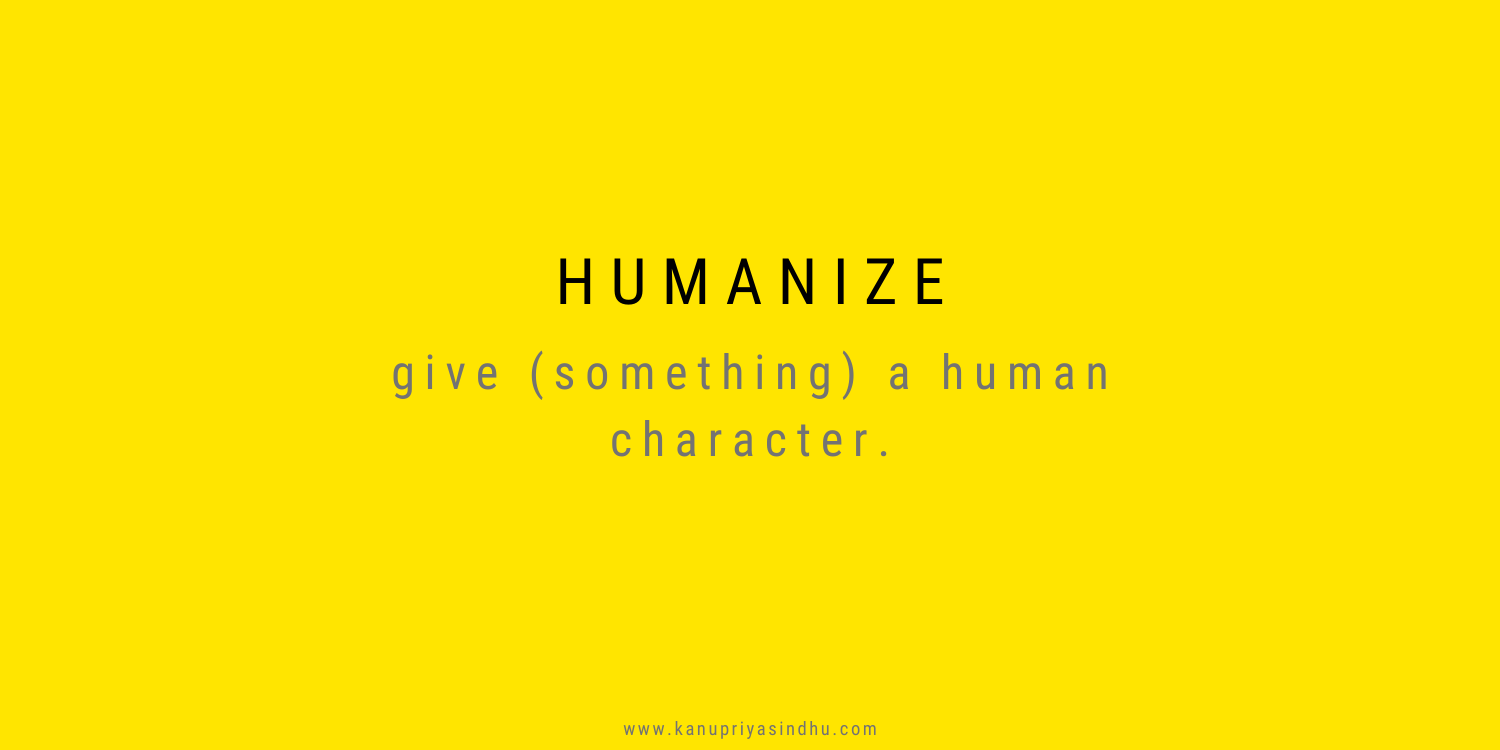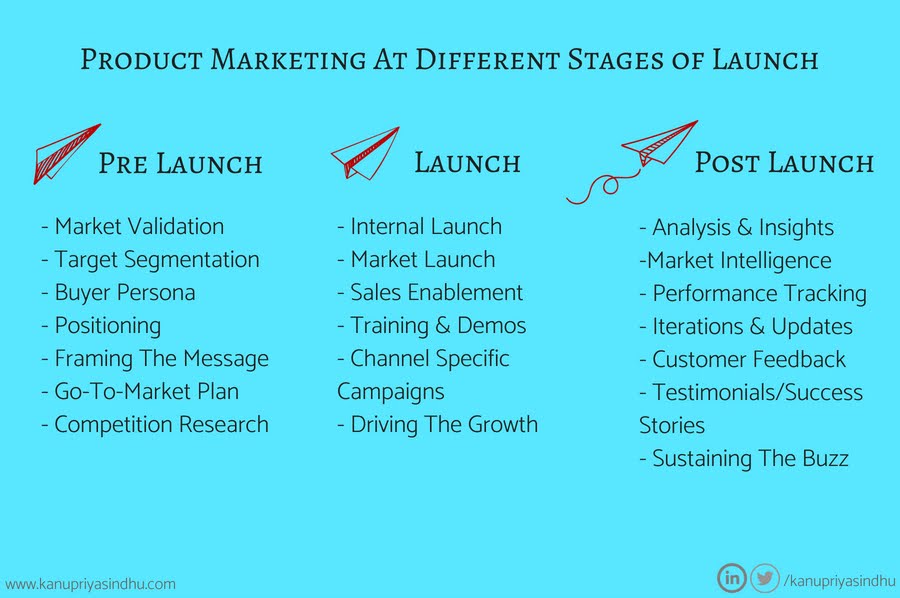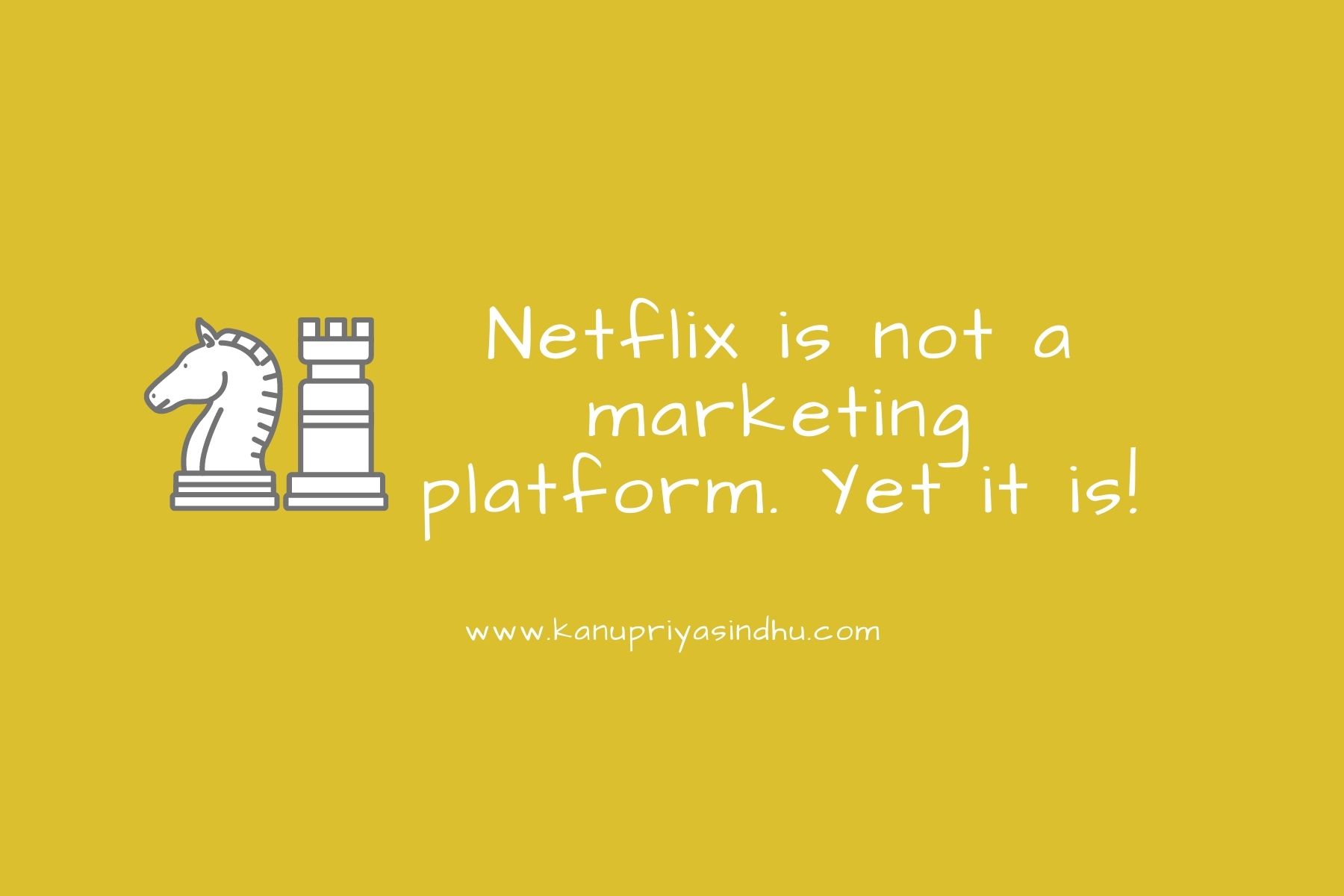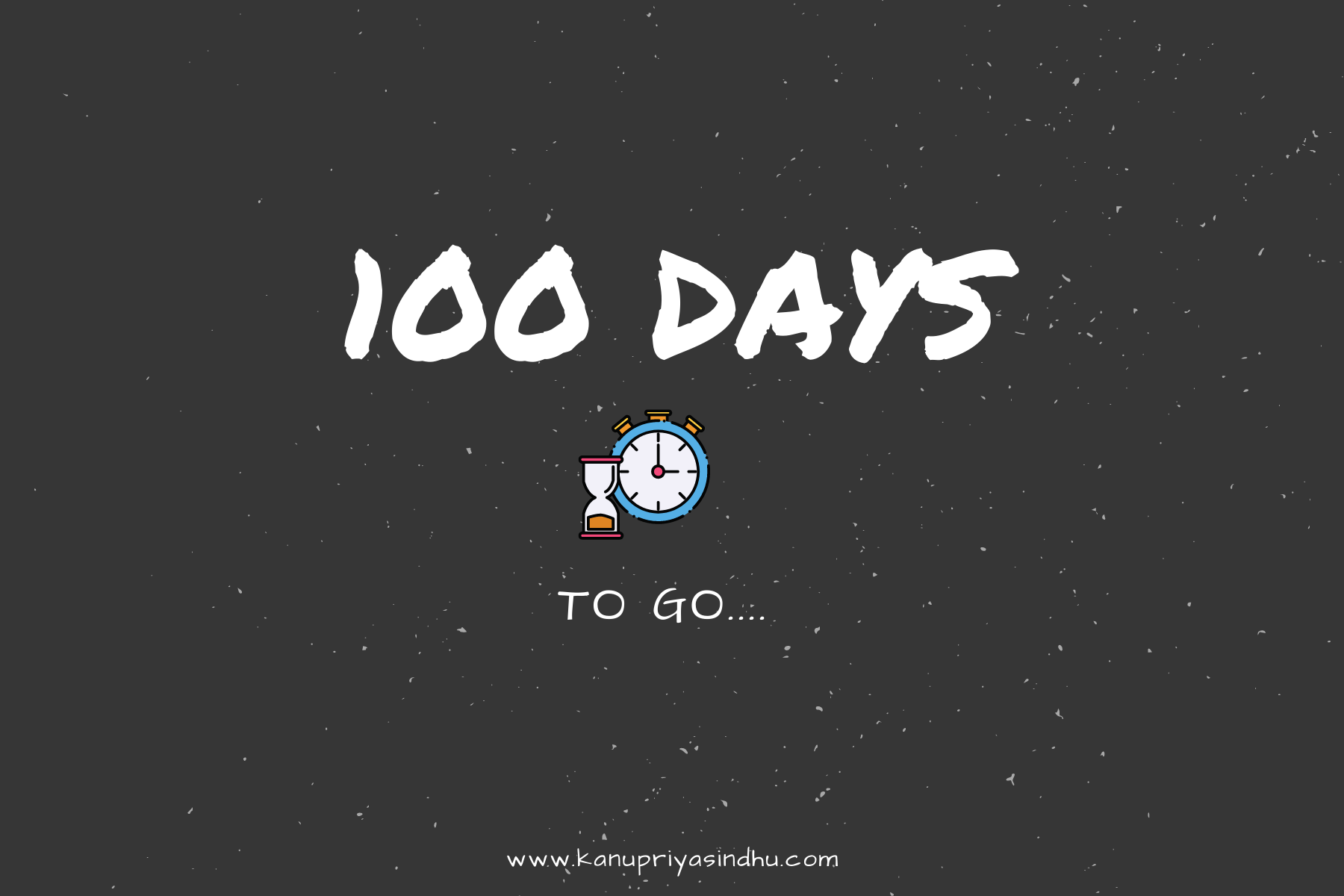Product Management, Product Marketing, and UX Design – are these roles merging?
My answer – Yes and No.
I get this question asked often these days especially when we discuss the go-to-market plan in my product marketing sessions. The cohorts consist of aspiring product managers and as a logical sequence of the course they go through value proposition, UX design, followed by GTM plan.
This question is quite genuine considering the way things are nowadays, more so in case of digital products. There are overlaps at times leading to joint decisions. While product management as a profession has been existing since decades but speaking of India, I think this career has gained prominent limelight in the last decade especially in digital and tech organizations.
The new age PM is not only expected to know about products but also about design and marketing. Similarly, the new age UX is expected to know about the market dynamics and the new age product marketer is expected to know about the value proposition. Today a marketing person can’t say, I don’t understand the product specifications as its too technical. A product marketing person is very much expected to understand everything about the product and own up the growth.
Somewhere it’s all about the user! Everyone is expected to know the user and think about the user, which is great.
However, understanding design is different from doing design.
Understanding marketing is different from doing marketing.
While as a role, it’s expected that a PM has a thorough understanding of all three but in reality neither of these functions are replaceable. Despite the fact that all these roles are centered around users, a PM, PMM, and UX bring different expertise to the table when it comes to actual execution and growth.
Secondly, it’s also about the stage and scale. For long I have worked in a startup, where I was owning up both the product and marketing along with managing the design team. Initially, it was all good, as it was one team who was owning up the user experience, product, and the growth numbers. But as we grew, this model had scalability challenges and finally, I had senior resources to lead the UX & PM functions as part of my team while I concentrated on GTM & growth. All of them brought in fresh perspectives and expertise into the overall product plan leading to faster launches and sustainable growth.
A PM doing the job of PMM or UX is not sustainable in the long run.
So, are the roles merging? I won’t say these are merging, rather they are aligning to each other more now and this alignment is for good.
The know-how of all three functions are getting interlinked, the knowledge expectations from all three roles are getting merged but when it comes to execution and ownership, these roles have their own identities and independent KRAs to cater to.
And whatever be the role, finally it was / is/ will be about the user and the growth.
So, how is the structure in your organization? Are you a startup or large scale operation? Do you have independent resources to manage these functions or are some of the functions merged in your setup? If merged, is it PM & PMM or PM & UX? Would love to know your opinion on the same.













Recent Comments